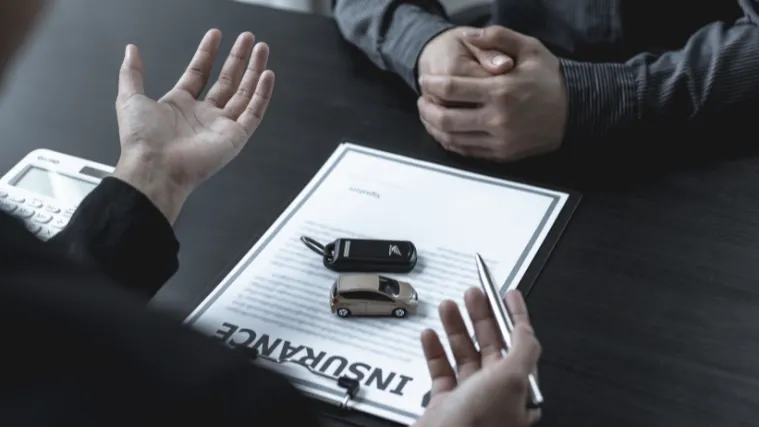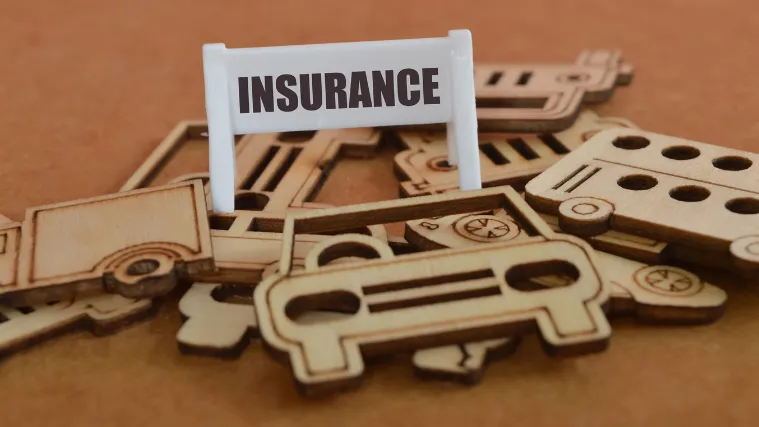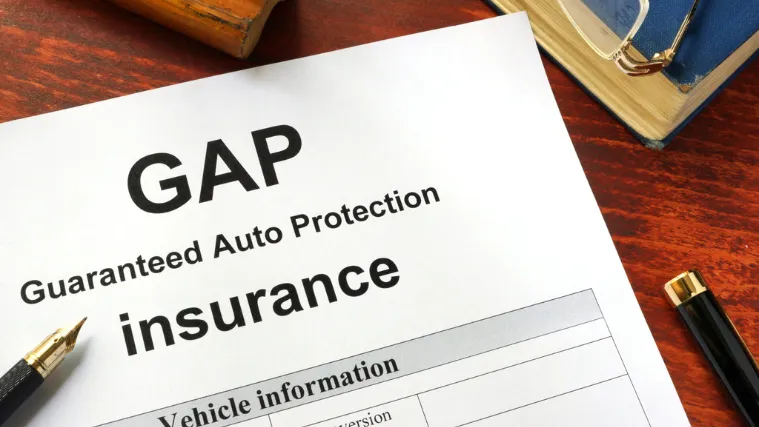Step 1: Scroll The Full Article For at least 35 Seconds To Unlock The Download Link Given At The End of This Article.
When you purchase a car, especially with financing or leasing, there’s more to consider than just monthly payments and interest rates.
One important factor that often gets overlooked is what happens if your car is totaled or stolen. That’s where gap insurance steps in, potentially saving you from a financial headache.
Let’s break it down so you can understand exactly what gap insurance is and why it matters.
Understanding Gap Insurance

Gap insurance, also known as “Guaranteed Asset Protection,” is a type of insurance coverage that helps bridge the gap between the amount you owe on your car loan or lease and the actual cash value (ACV) of the car if it’s declared a total loss.
Simply put, if your car is stolen or totaled in an accident, gap insurance ensures you’re not left paying out of pocket for a vehicle you no longer have.
Here’s an example: Let’s say you financed a new car for $30,000. After a year, the car’s ACV has dropped to $25,000 due to depreciation.
If your car is totaled, your auto insurance will cover the $25,000, but you’d still owe $5,000 on your loan. Without gap insurance, that $5,000 comes out of your pocket.
Why Do You Need Gap Insurance?
The need for gap insurance depends on your financial situation and how you purchased your vehicle. Here are a few scenarios where gap insurance can be a lifesaver:
- You Made a Small Down Payment: If you put little to no money down when buying or leasing your car, the loan balance will likely exceed the car’s value for a while. Gap insurance protects you during this period.
- Leasing a Vehicle: Many lease agreements already include gap coverage, but if not, it’s wise to add it. Leased vehicles often depreciate faster, and you’ll want to avoid being stuck with a large payment if something happens.
- High Depreciation Rate: Some cars lose value faster than others. If you own a vehicle known for rapid depreciation, gap insurance can help.
- Long Loan Terms: If you financed your car over five or more years, you might find yourself upside down on the loan for a longer period, making gap insurance valuable.
My Experience with Gap Insurance

Over my years in the insurance industry, I’ve seen countless situations where gap insurance saved the day.
One client purchased a brand-new SUV with a long-term loan. Unfortunately, just a year later, a severe accident rendered the car a total loss.
The client’s primary insurance covered the car’s depreciated value, but there was still a $7,000 difference between that amount and the remaining loan balance.
Thankfully, they had gap insurance, which covered the shortfall entirely. Without it, they would’ve faced a huge financial burden.
On the other hand, I’ve met people who didn’t have gap insurance and had to pay thousands out of pocket.
One case involved a young driver who financed a car with zero down payment. When their car was stolen just months later, they were shocked to learn how much they still owed.
These real-life stories underline why gap insurance can be such a smart move.
How Does Gap Insurance Work?
Gap insurance works alongside your standard auto insurance. If your car is declared a total loss, your auto insurance will pay for the car’s ACV based on its market value at the time of the incident.
Gap insurance then covers the difference between the ACV and what you still owe on the loan or lease.
However, it’s important to note what gap insurance doesn’t cover:
- Overdue payments or late fees on your loan.
- Extended warranties or other add-ons rolled into your loan.
- Damage to your car that isn’t a total loss.
When purchasing gap insurance, be sure to read the fine print and ask questions so you fully understand the coverage.
Where Can You Get Gap Insurance?
There are a few ways to purchase gap insurance:
- Through the Dealership: Many dealerships offer gap insurance as part of the financing package. While convenient, it’s often more expensive than other options.
- Your Auto Insurance Provider: Some insurance companies offer gap coverage as an add-on to your existing policy. This is typically a more affordable option.
- Specialized Insurers: Some companies specialize in gap insurance, allowing you to shop around for the best price and terms.
Pro Tip: If you’re leasing a car, check your contract. Some leases include gap insurance automatically, saving you the trouble of purchasing it separately.
How Much Does Gap Insurance Cost?

The cost of gap insurance is relatively low compared to the protection it offers. On average, it can range from $20 to $40 per year when added to your auto insurance policy.
If purchased through a dealership, it may cost $500 or more for the life of the loan, which is why it’s always a good idea to compare options.
The small expense of gap insurance can provide peace of mind, especially when you consider the potential financial risks of not having it.
Is Gap Insurance Right for You?
Not everyone needs gap insurance. Here are some questions to help you decide:
- Do you owe more on your car loan than the car’s worth?
- Did you make a small down payment or no down payment?
- Are you leasing your vehicle?
- Do you drive a car with high depreciation?
If you answered “yes” to any of these questions, gap insurance might be a smart choice.
Alternatives to Gap Insurance

If gap insurance doesn’t seem like the right fit, there are a few alternatives to consider:
- New Car Replacement Coverage: Some insurance companies offer this coverage, which pays for a brand-new car of the same make and model if yours is totaled within a certain timeframe.
- Paying Off Your Loan Faster: Making extra payments toward your car loan can reduce the gap between the loan balance and the car’s value.
- Choosing a Shorter Loan Term: Financing your car over a shorter period reduces the risk of being upside down on the loan.
Final Thoughts
Gap insurance is a simple yet powerful tool to protect yourself financially when financing or leasing a vehicle.
For a small cost, it can save you thousands of dollars and provide peace of mind during stressful situations.
While not everyone needs it, understanding your financial position and vehicle’s depreciation can help you make an informed decision.
From my experience, having gap insurance is often worth the investment, especially in today’s market, where car prices and loan terms continue to rise.
If you’re unsure whether it’s right for you, reach out to your insurance provider and discuss your options. Protecting yourself now can save you from significant stress and financial strain down the road.
